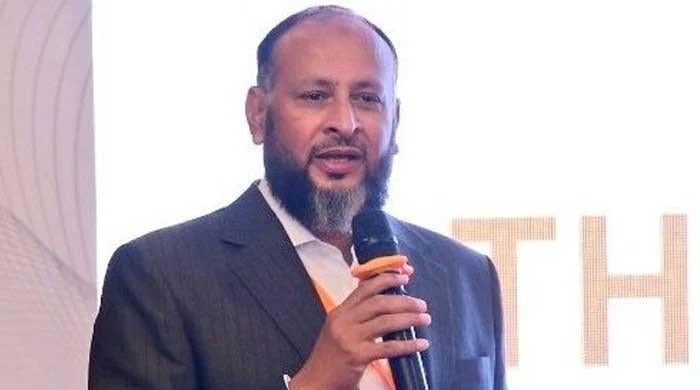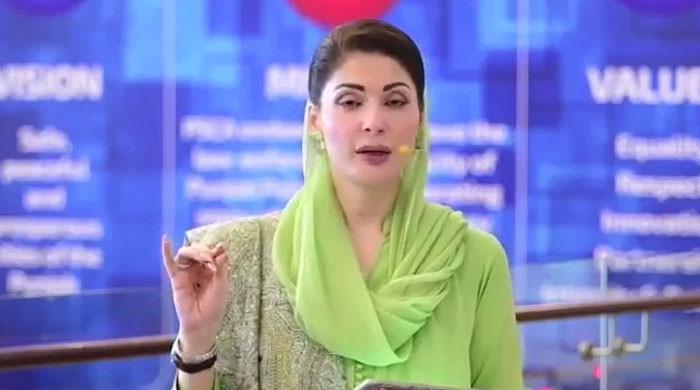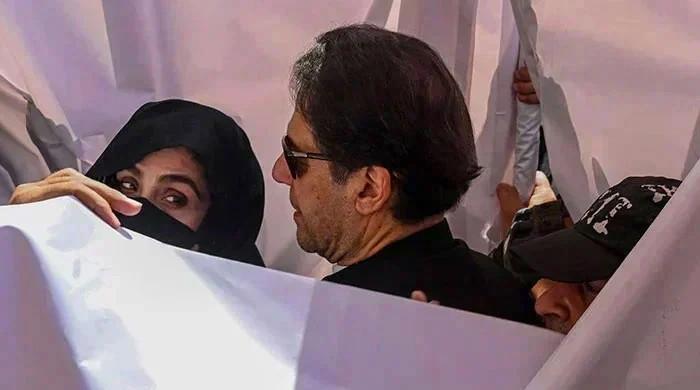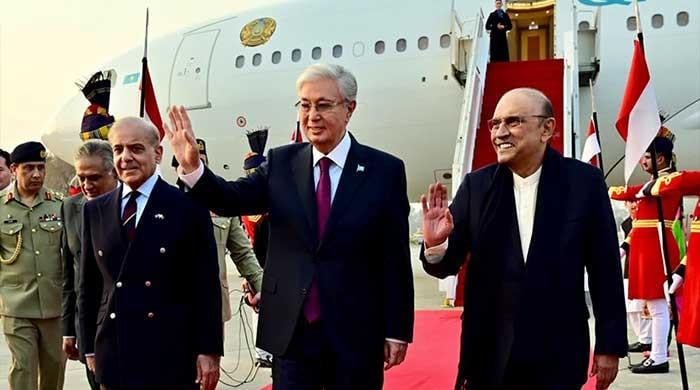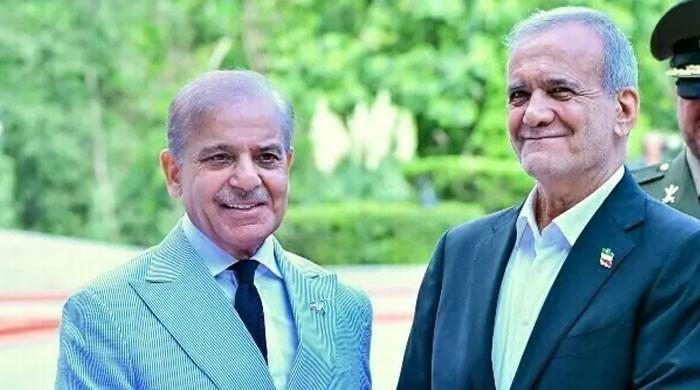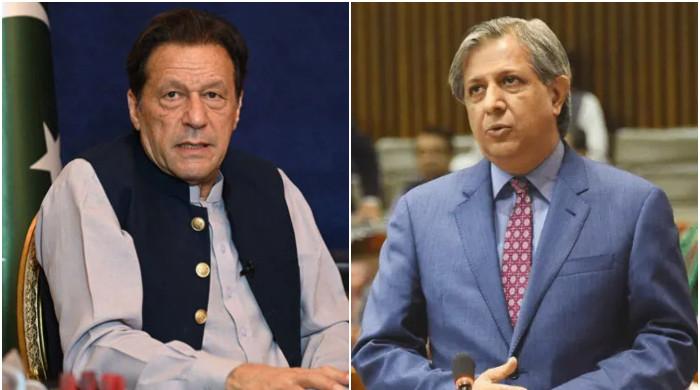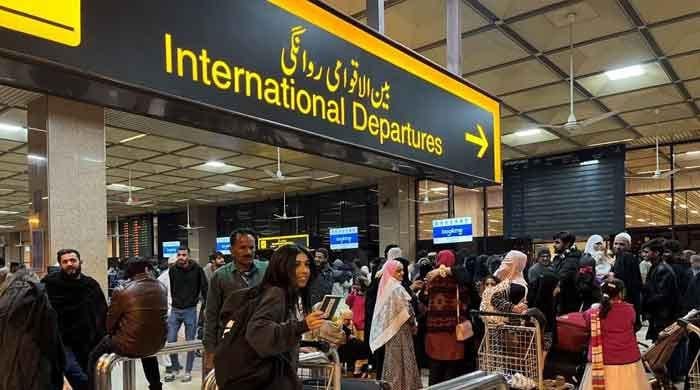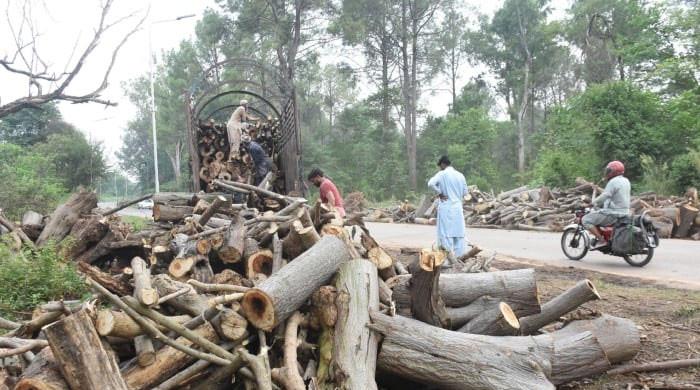India seeks consular access to RAW agent arrested from Balochistan
“He (alleged RAW officer arrested in Pakistan) has no link with the government since his premature retirement from the Indian navy”
March 25, 2016
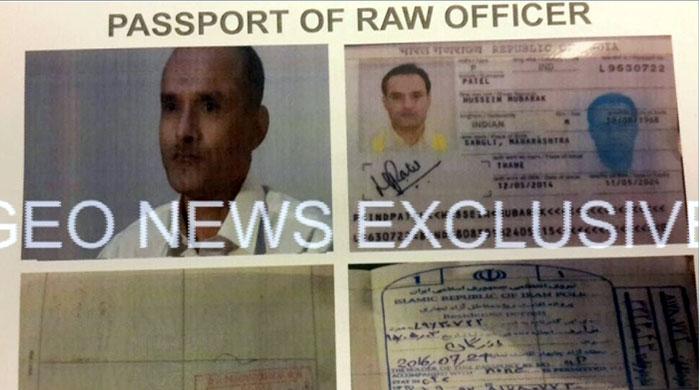
ISLAMABAD/NEW DELHI: India’s foreign ministry on Friday said it has sought consular access to an undercover agent of the country’s intelligence agency RAW arrested by Pakistan from Balochistan.
In a statement issued today, the Indian Ministry of External Affairs admitted that the officer was an officer in the Indian Navy, but claimed that he had taken an early retirement from service.
“He (alleged RAW officer arrested in Pakistan) has no link with the government since his premature retirement from the Indian navy,” the Indian Ministry of External Affairs said in the statement.
“We have sought consular access to him. India has no interest in interfering in internal matters of any country,” said the statement.
Pakistan summoned the Indian ambassador on Friday to protest against the illegal entry of the Indian spy.
"(Pakistan) conveyed our protest and deep concern on the illegal entry into Pakistan by a RAW officer and his involvement in subversive activities in Baluchistan and Karachi," Pakistan’s foreign office said in a statement, referring to the message conveyed to India’s ambassador.
The capture of the RAW agent is the latest evidence of Islamabad's claim that the neighbouring country is actively trying to destabilize Pakistan.
In a media statement here today, Balochistan Home Minister Mir Sarfaraz Bugti said that the captured agent is an active Indian serviceman who was active in Balochistan with an aim to destabilise Pakistan.
According to details obtained by Geo News, RAW agent Kul Bhashan Yadav was arrested by a Pakistan’s intelligence agency in Balochistan three days ago and he was later shifted to Islamabad for investigation.
The arrested agent of RAW had contacts with separatist groups operating in Balochistan, sources said, adding that he is a commander in the Indian Navy.
During preliminary investigations, the undercover Indian agent revealed that his main agenda was to sabotage the China-Pakistan Economic Corridor (CPEC) through propaganda and to create disharmony among the Baloch nationalist political parties.




